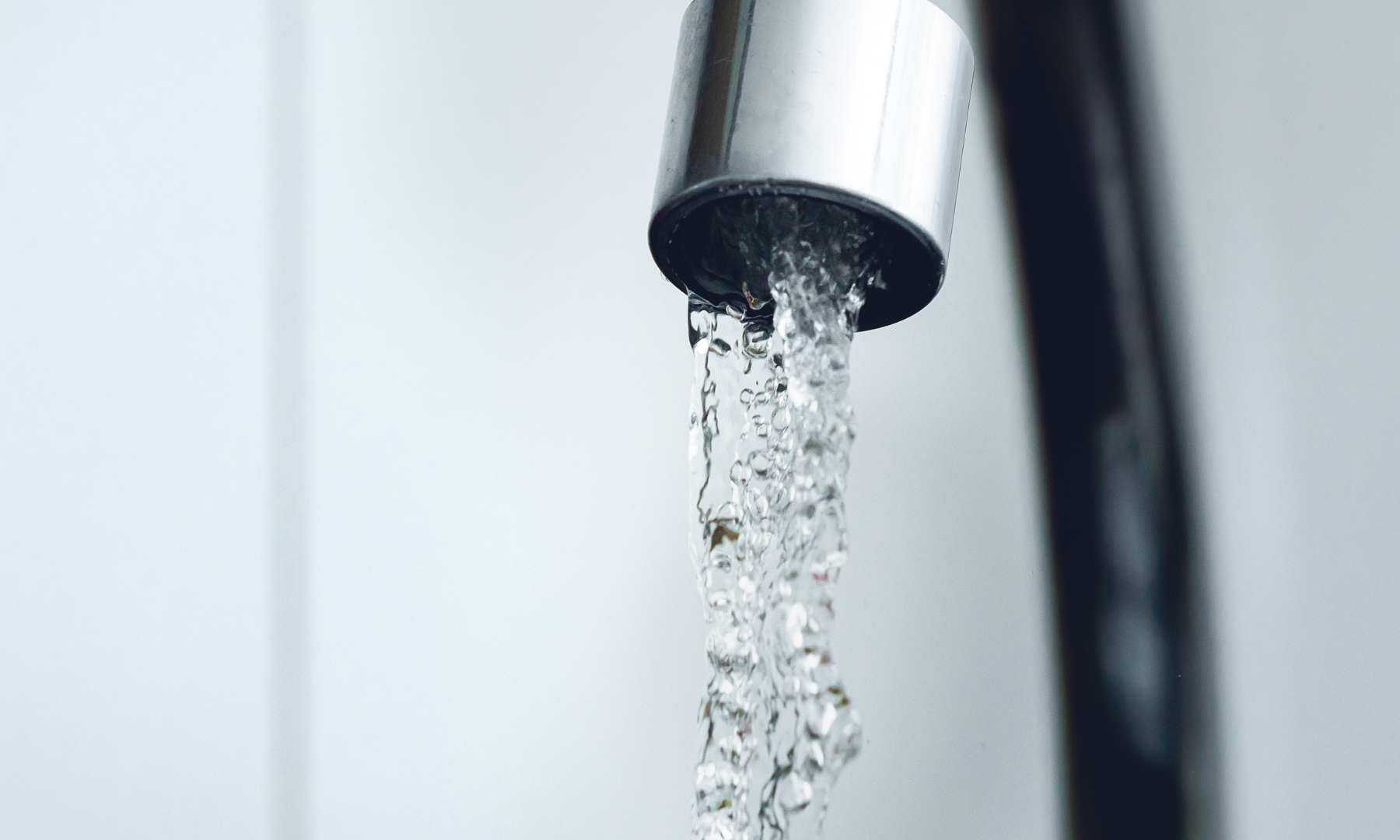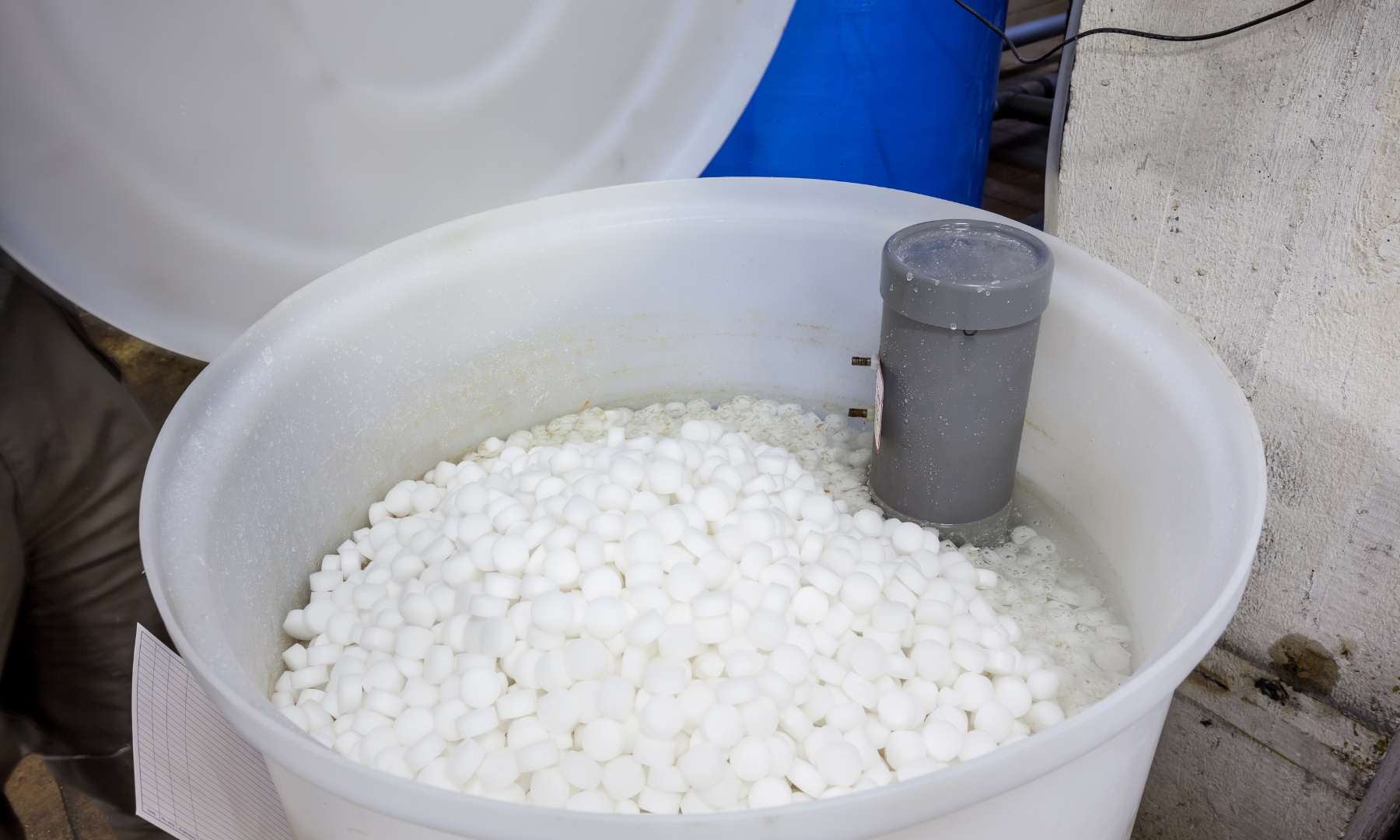-

email us
lisa@simplewatersofteners.com
-

Call Us
(210) 960-2555

10 Mar. 2025
Hard Water vs. Soft Water: Why San Antonio Homeowners Need a Water Softener
San Antonio is known for its rich history, vibrant culture, and—unfortunately—its hard water. If you’ve noticed white spots on dishes, dry skin after showers, or scale buildup on appliances, you’re dealing with hard water. But what exactly is the difference between hard and soft water, and why does it matter for your home? Let’s break it down.
What is Hard Water?
Hard water contains high levels of dissolved minerals, primarily calcium and magnesium. While not harmful to drink, it can cause a range of household problems, including:
- Soap Scum Buildup – Hard water makes it difficult for soap and detergent to dissolve, leaving behind residue on skin, hair, and surfaces.
- Appliance Damage – Mineral buildup can clog pipes and reduce the efficiency of water heaters, dishwashers, and washing machines.
- Dry Skin and Hair – Hard water strips away natural oils, leading to dryness and irritation.
- Spotted Dishes and Glassware – Water spots and cloudy film appear on dishes, even after they’ve been washed.
- Reduced Water Flow – Scale buildup in pipes can decrease water pressure over time.
What is Soft Water?
Soft water is free of excessive minerals because it has been treated through a water softener. The softening process removes calcium and magnesium, replacing them with small amounts of sodium or potassium. This leads to several benefits:
- Cleaner Dishes and Laundry – Soap lathers better, leaving your dishes and clothes spotless.
- Softer Skin and Hair – Without mineral deposits, your skin and hair retain moisture, feeling smoother and healthier.
- Longer Appliance Lifespan – Water softeners help prevent scale buildup, extending the life of your plumbing and appliances.
- Lower Energy Bills – A water heater with soft water runs more efficiently, saving you money on energy costs.
- Less Cleaning, More Convenience – Say goodbye to scrubbing hard water stains off sinks, showers, and fixtures.
How a Water Softener Works
A water softener removes hard minerals through a process called ion exchange. As water passes through the softener’s resin beads, calcium and magnesium ions are exchanged for sodium or potassium ions. The result? Water that feels silkier, cleans better, and protects your home from scale buildup.
Does San Antonio Need Water Softeners?
Absolutely! San Antonio has some of the hardest water in Texas, with mineral levels often exceeding 15 grains per gallon (gpg)—well above the threshold for “very hard” water (7 gpg or higher). That means most homes in the area are dealing with hard water problems daily.
Get a Water Softener Today
If you’re tired of dealing with the effects of hard water, it’s time to invest in a quality water softener. At Simple Water Softeners, we provide expert solutions tailored to your home’s needs. Whether you need a new system or maintenance for your existing one, we’ve got you covered.
🔹 Contact us today to learn more about our top-rated water softeners in San Antonio.
- By:Lisa Bauer

10 Jul. 2024
Most Common Issue When Your Water Softener Isn’t Working
Water softeners have become much easier to troubleshoot than in the past. While repairing a water softener can be challenging, with the right knowledge, you can fix common issues and get your system back up and running in no time.
The Most Common Issue: Salt Bridges
One of the most common issues with water softeners, especially in humid climates, is the formation of a salt bridge in the brine tank. This occurs when salt becomes hard and caked together, preventing it from dissolving properly during the regeneration cycle.
Identifying a Salt Bridge
When you add too much salt to the brine tank, the salt can harden above the water line, forming a bridge. The softener unit regenerates and washes the salt out of the bottom of the tank during the cycle, but the hardened salt above the water line doesn’t fall to the bottom. To check for a salt bridge, gently tap the outside of the tank. If it sounds hollow, a salt bridge may have formed.
Breaking Up a Salt Bridge
Most brine tanks have a plastic plate about six inches from the bottom. Be careful not to damage this plate when breaking up the salt. Here’s how you can break up a salt bridge safely:
- Use a Broomstick: Insert a broomstick or similar object into the tank and gently break up the salt. Avoid poking all the way to the bottom to prevent damaging the plastic plate.
- Hot Water Method: If the salt is particularly stubborn, pour a pitcher of very hot water around the edges of the tank. This will help dissolve the hardened salt. Then, tap around the edges to encourage the salt to fall to the bottom.
- Kick Method: Some people give the brine tank a swift kick to break up the salt bridge. Be gentle to avoid damaging the tank.
For visual learners, YouTube has several helpful videos on breaking up a salt bridge.
Why a Salt Bridge Matters
The water softener unit requires brine water (salty water) to wash the resin during regeneration. This process helps remove calcium from the resin beads, which is then washed down the drain. Without proper brine water, the unit regenerates with plain water, which does not remove calcium from the beads. Consequently, the beads remain full of calcium, and hard water continues to flow into your home.
Manual Regeneration Cycle
After breaking up a salt bridge, manually regenerate the system. Allow the salt and water to sit for about four hours to create brine water. Once regenerated, the cold water should be soft immediately, but it may take a few days for the hot water to become soft again if hard water has been an issue.
When to Call a Professional
If you do not find a salt bridge or the issue persists, it’s time to call a professional. Simple Water Softeners repairs many brands and can help diagnose and fix the problem. Give us a call at (210) 960-2555, and we’ll assist you in resolving your water softener issues.
By addressing these common problems, you can ensure your water softener operates efficiently, providing your home with the soft water it needs.
- By:Lisa Bauer

12 Jun. 2024
The Impact of High Temperatures on Water Quality
- Increased Mineral Concentration
-
- During summer, water levels in reservoirs and rivers can drop due to evaporation. This results in higher concentrations of minerals like calcium and magnesium in the water supply. These minerals contribute to water hardness, which can cause scaling in pipes, reduce the effectiveness of soap and detergents, and leave unsightly spots on dishes and fixtures. Water hardness does fluctuate.
- Higher Water Usage
- Hot weather often leads to increased water usage as people take more showers, fill up swimming pools, and water their lawns and gardens more frequently. This spike in demand can strain municipal water supplies, sometimes leading to temporary compromises in water quality.
- Biological Contaminants
- Warm temperatures can promote the growth of bacteria and algae in water sources. While municipal water treatment facilities are equipped to handle these contaminants, occasional lapses can occur, especially during peak usage times.A UV light will guarantee you to have no bacteria in your water.
How Water Softeners Help
- Removing Hard Minerals
- Water softeners are designed to remove calcium and magnesium ions from your water through a process called ion exchange. This process replaces hard minerals with sodium or potassium ions, resulting in softer water that is gentler on your plumbing and appliances.
- Protecting Your Appliances
- Soft water helps prevent the buildup of scale in your water heater, dishwasher, and other appliances. This not only extends their lifespan but also ensures they operate more efficiently, saving you money on energy bills.
- Improving Skin and Hair Health
- Soft water is kinder to your skin and hair. Hard water can strip away natural oils, leading to dryness and irritation. By using a water softener, you can enjoy softer, smoother skin and hair, even during the hottest months.
- Enhanced Cleaning Efficiency
- With soft water, soaps and detergents lather better and rinse more completely. This means cleaner clothes, dishes, and surfaces with less effort and fewer cleaning products.
Tips for Keeping Your Water Soft During Summer
- Regular Maintenance
- Ensure your water softener is properly maintained. Check the salt levels in the brine tank regularly and add salt as needed. Clean the brine tank periodically to prevent salt bridges and other issues.
- Monitor Water Usage
- Be mindful of your water usage during peak times. Your valve will tell you how much water goes into the house every day for the last 63 days. Watch the flow rate meter to detect if there is a leak in the house. This will make you a good neighbor and ensure your house is running correctly in many aspects.
- Consider a Whole House Filter
- Installing a Whole House Filter can help remove chemicals (Chlorine, Herbicides, Pesticides and Organics) from your water before it reaches the water softener. This can improve the efficiency and lifespan of your water softening system.
- Schedule Professional Inspections
- Have a professional inspect your water softener system when you are having issues. People who are licensed in Water Treatment from the State of Texas, know how to repair water softeners. People who do not know how to repair will say replace. If you have bought off the internet or a big box store you will probably dispose of and start over. But if you bought a high quality system reach out to someone to repair the system will probably be kept going for 12 to 15 years plus.
Conclusion
Maintaining soft water quality during the summer months is essential for protecting your home’s plumbing, appliances, and your family’s well-being. By understanding the impact of high temperatures on water quality and taking proactive steps with your water softener, you can enjoy the benefits of soft water all summer long. For more tips and professional assistance, contact Simple Water Softeners at (210) 960-2555. We’re here to help you keep your water soft and your home running smoothly, no matter the season.
- By:Lisa Bauer
